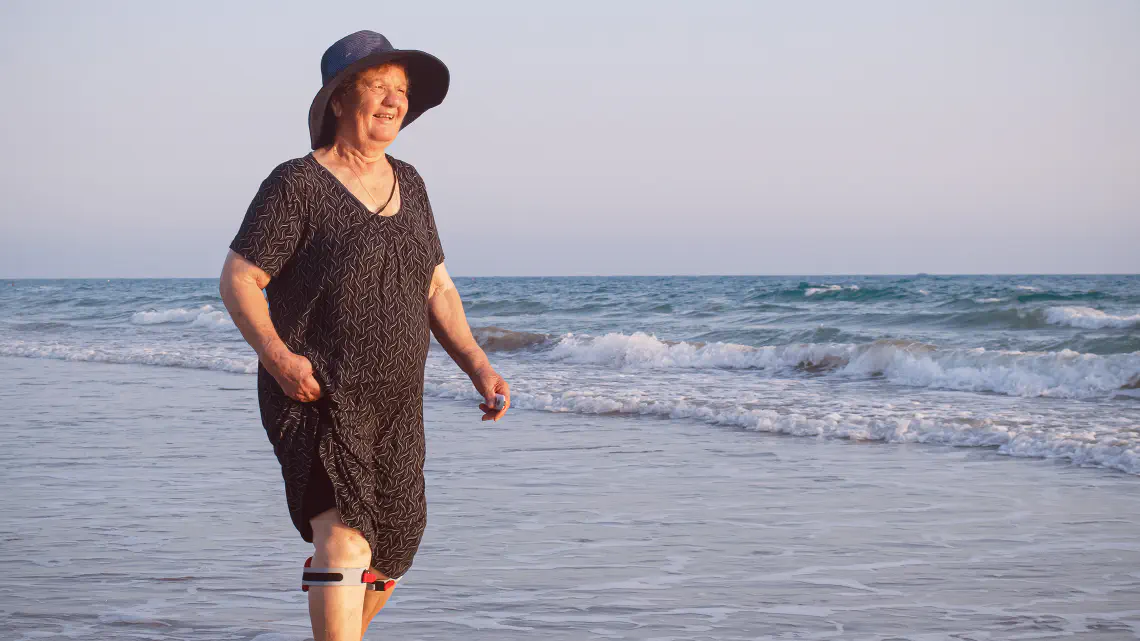Parkinson’s is a complex neurological condition that affects millions of people worldwide. While it brings its own set of challenges, individuals with Parkinson’s continue to lead vibrant and fulfilling lives. They often turn to hobbies and activities that not only bring joy but also help them manage their condition and maintain a strong sense of identity. In this blog post, we explore some of the remarkable hobbies and activities that people with Parkinson’s pursue.
Exercise and Physical Activity
Exercise is often prescribed as a fundamental part of Parkinson’s management. Many individuals with Parkinson’s engage in tailored exercise routines. Activities like swimming, yoga, tai chi, and dance help improve balance, flexibility, and motor control. They not only combat physical symptoms but also provide a sense of accomplishment and well-being.
Artistic Expression
Art offers a therapeutic outlet for people with Parkinson’s. Painting, drawing, sculpture, and other forms of creative expression can be particularly cathartic. The act of creating art can help alleviate stress, improve fine motor skills, and boost self-esteem.
Music and Dance
Music has the remarkable ability to stimulate movement and emotion. For those with Parkinson’s, playing musical instruments or dancing can help with coordination and motor function. Music therapy is increasingly recognized as a valuable tool in managing this condition.
Gardening and Nature
Spending time in nature has a calming effect on the mind and body. Gardening provides an opportunity for individuals with Parkinson’s to connect with the earth, and exercise their muscles.
Support Groups and Advocacy
Engaging in support groups and advocacy efforts can be a meaningful way to cope with Parkinson’s. Many individuals take an active role in raising awareness, participating in research, and offering support to others on the same journey.
Travel and Exploration
Traveling can be a rejuvenating experience for those with Parkinson’s. It offers a change of scenery, new cultural experiences, and the opportunity to create cherished memories.
People with Parkinson’s are not defined solely by their condition; they are defined by their resilience, passions, and the activities they love. By embracing hobbies and activities that bring joy and purpose, individuals with Parkinson’s show us the incredible power of the human spirit to adapt, overcome, and continue thriving. Their stories inspire us to appreciate life’s precious moments and remind us that, even in the face of adversity, there is beauty to be found and experiences to be cherished.
